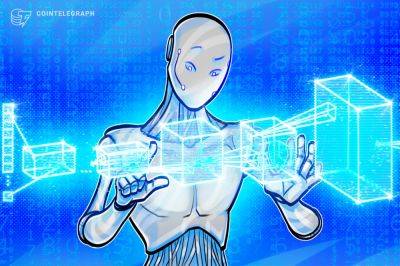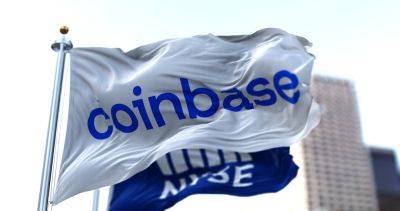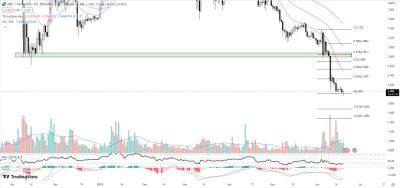Mark Zuckerberg’s metaverse vision is over. Can Apple save it?
I n Meta’s quarterly earnings call in April, chief executive Mark Zuckerberg was on the defensive. The metaverse, the vision of a globe-spanning virtual reality that he had literally bet his multibillion-dollar empire on creating, had been usurped as the new hot thing by the growing hype around artificial intelligence (AI).
Critics had even noticed Meta itself changing its tune, highlighting the difference between a November statement from Zuckerberg, in which he described the project as a “high-priority growth area” and a March note that instead focused on how “advancing AI” was the company’s “single largest investment”.
Not so, said the world’s richest millennial. “A narrative has developed that we’re somehow moving away from focusing on the metaverse vision, so I just want to say upfront that that’s not accurate.
“We’ve been focusing on AI and the metaverse for years now, and we will continue to focus on both … Building the metaverse is a long-term project, but the rationale for it remains the same and we remain committed to it.”
But more than 18 months after Facebook changed its name to Meta – demonstrating Zuckerberg’s firm belief that “the metaverse will be the successor of the mobile internet” – the future he promised seems no closer to existence than it did backthen.
Reams of concept art, tech demos and prototype devices have given way to little meaningful progress. The company has even struggled to actually define what it is hoping to build: in a lengthy blogpost published last May, Nick Clegg, the former UK deputy prime minister who is now Meta’s president of global affairs, described the ambition only in vague terms, despite elaborating across 8,000 words how it would nonetheless change the world.
“The metaverse is
Read more on theguardian.com

 theguardian.com
theguardian.com


















